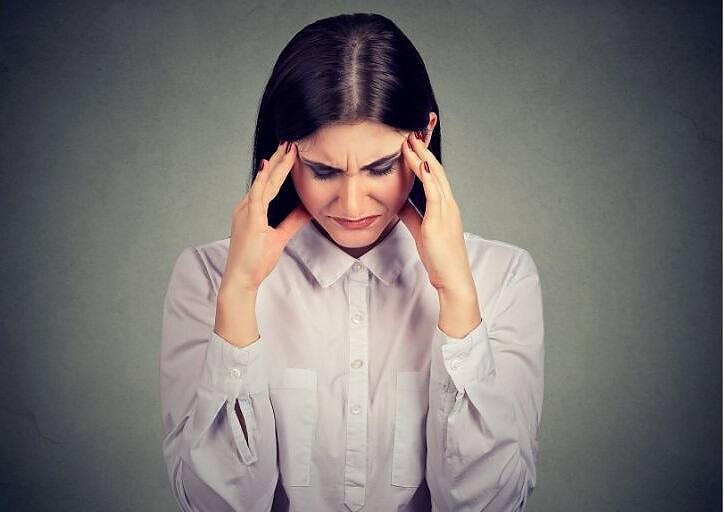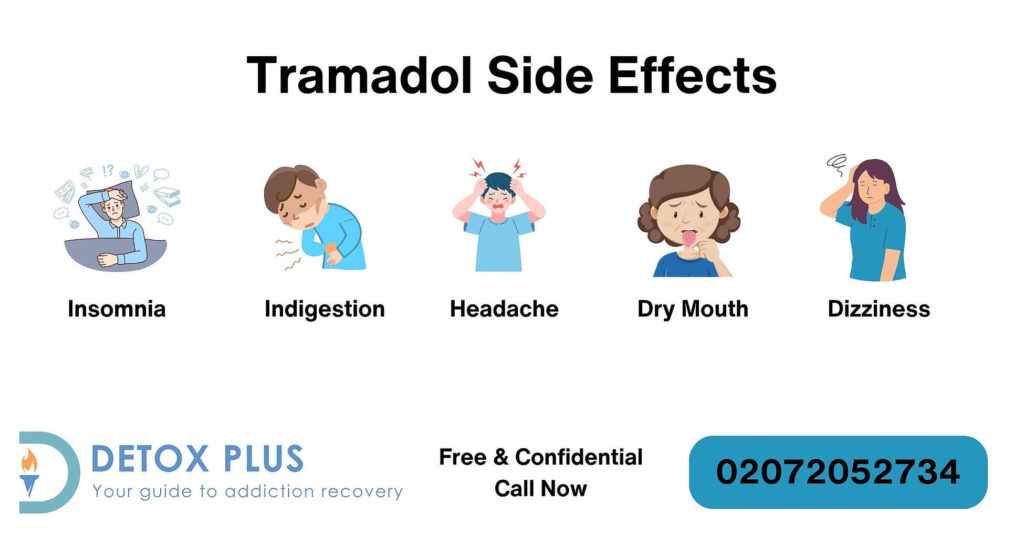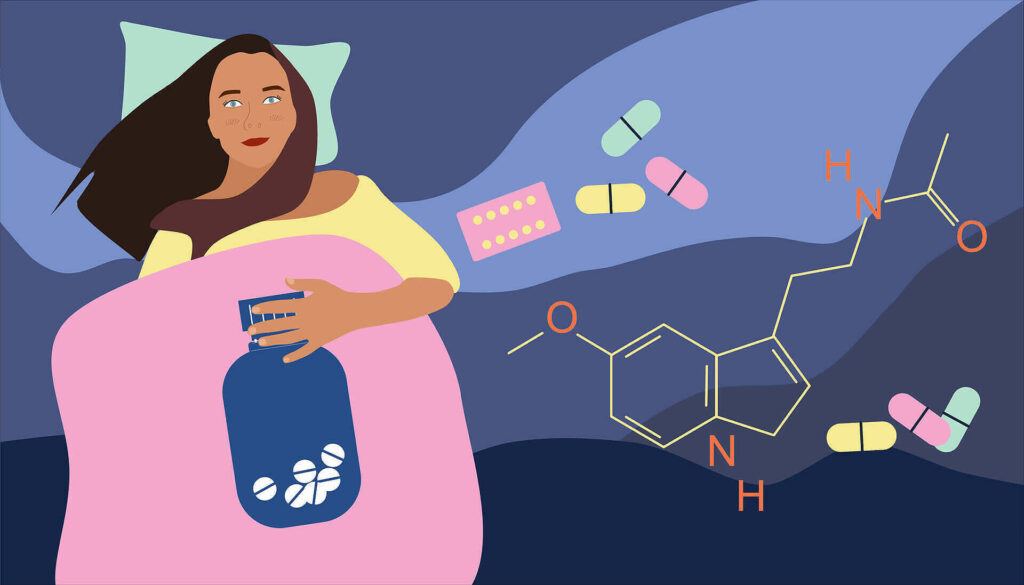Benzodiazepine addiction refers to a condition where an individual has developed tolerance, experiences withdrawal symptoms, and engages in drug-seeking behaviours despite negative consequences.
Understanding Benzo Withdrawal
The front half of addiction tends to be the pleasure, release, and physiological desire. The other side of things might be more powerful and is related to the negative end of drug use.
When we start to use a drug often, we develop a tolerance. This is our bodies’ ability to process a drug and get used to the fact that it’s in the system. That might have something to do with the use of receptors that the drug engages as well as other ways that the body adjusts to new substances.
We have tolerances to many things that we use every day. Coffee, for example, would be a lot more stimulating if you were drinking it for the first time. Try taking a three-week break from coffee and see how you feel when you take that next sip.

The same goes for sugar. As processed sugar made its way across the world, people who tried it often experienced very strong effects. Most of us are just used to the substance, but we might feel a little off when we’re away from it for too long.
The body gets used to the substance and adjusts its processes to account for it. When we’re stripped of the substance we get cravings or withdrawals, depending on the substance.
In terms of drug addiction, the need that the body has for the drug can be excruciating. Most people want to quit abusing drugs, but the cravings and withdrawals that they have send them right back into the cycle of abuse.
How Long to Become Addicted to Benzos
The rate at which a person develops tolerance to a drug depends on the half-life of that drug as well as how much the person is using.
A drug’s “half-life” is the amount of time that it takes the body to work through half of the substance and release it from the system. It keeps removing half at that rate until the substance is gone.
Benzos tend to have a half-life of around 12 hours. So, a person who’s addicted to benzos might start to have symptoms of withdrawal at that point or even before the 12-hour mark. If you’ve been abusing benzos for a short amount of time, your withdrawal symptoms won’t last as long.
You might have symptoms for a week or two. The more of the substance that has been built up in the body, though, the longer it takes to work out. Further, more build-up leads to heavier withdrawals with more risks.
In terms of getting addicted to these drugs, it might take only a week or two. It depends on how fast you’re redosing in relation to the half-life. If you take benzos once a week, you might not start an addiction for a while.
On the other hand, using them every night to fall asleep will produce addiction in no time. You might start craving benzos during the day after a week or two of taking significant doses over and over.
How Can People Take Them As Medication?
You might wonder how this drug can get prescribed to people if it’s so addictive.
It’s a good question because benzos pose the risk of abuse to anyone who takes them, even in small doses for a short period of time. That said, prescriptions tend to be for a short period of time.
Most doctors prescribe various benzos for a period of two to four weeks. Even in small doses, that amount of time could lead to dependence, though. That’s why it’s so important that benzos are taken at the behest of medical professionals and in the appropriate amounts.
Their efficacy in treating anxiety serves as a short-term solution to panic attacks and debilitating anxiety. Other treatment methods should start to take root after four weeks or so, allowing the patient and doctor to shift away from benzos.
Doctors use some of the most addictive drugs on the planet in their treatments. Pain medications and morphine, for example, are among the most deadly and addictive substances that we know of.
People have found ways to incorporate those substances in a healthy way, though. Those ways almost always involve the intervention of a medical doctor and regular check-ups.
Some common Benzodiazepines include:
What Is Benzodiazepine Dependance?
Dependance can show its head in a number of ways. The unifying factor in instances of dependence, though, is the fact that the person has either a psychological or physical dependence on the drug.
They need more of it, or else they will suffer symptoms of withdrawal. So, if you feel like you might have gone too far with the recreational or medical use of this drug, ask yourself if you’re feeling cravings and withdrawals.
When you don’t have the drug, are there physical symptoms of sickness, paranoia, shakes, sweats, intense anxiety, and more? These are things that might happen if an addicted person is stripped from their drug of choice.
The particular symptoms of withdrawal can vary depending on the benzo that you’re using. There are a number of benzos that you might have access to, all of which are addictive.
Benzodiazepines UK Treatment
If you or someone you love is addicted to benzos, there are a number of options for treatment. You should seek the help of a treatment centre where professionals can monitor your symptoms and help you uncover the root issues.
The symptoms of benzo withdrawal aren’t fatal in most cases, but they can be if a person has a comorbid addiction to two substances. Opioids and benzos are used in tandem in many cases, and opioid withdrawal is fatal in some cases.
A treatment centre can also provide resources for mental health support. Mental health professionals can help you carve a path forward and see how you’re going to handle sobriety. Having a plan can be a huge help.
Triggers are everywhere, especially when you’re getting sober for the first time, so it’s smart to have an idea of how you’ll respond when you have a craving or trigger. Counselling also helps to see why you might have turned to addiction in the first place.
People don’t tend to start abusing drugs for no reason. There’s something that contributed to drug abuse that might be hard to think about or reason with. That’s what the professionals are for, and their insights might untie those knots and allow you to move on.
Want to Learn More About Benzodiazepine Addiction?
Benzodiazepine addiction recovery is possible and there’s a lot of help available in the UK. We’re here to put you in touch with the information you need.
There’s always the option to get clean in a safe way. Contact us to learn more about benzo addiction treatment options, common side effects of benzodiazepines, benzo withdrawals, how long to get addicted to benzos, and much more.



